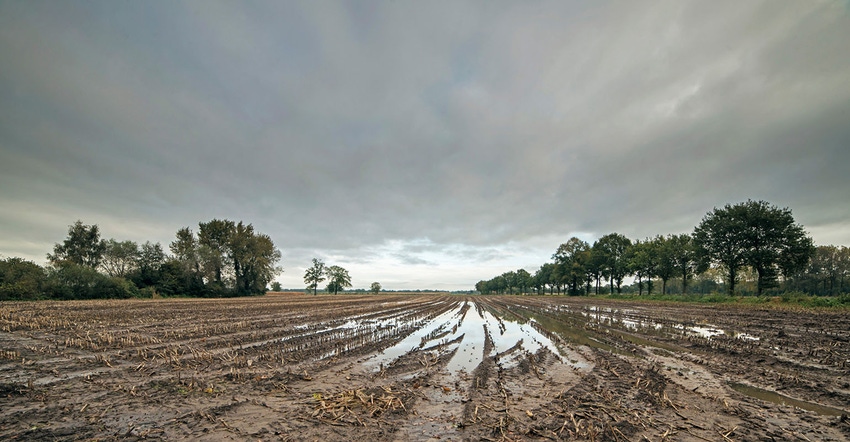
by Brian K. Sullivan
The rain across the Midwest and Great Plains that’s closed refineries, flooded streets and snarled Mississippi River traffic shows no sign of abating, adding to the U.S.’s wettest 12-month stretch on record.
Heavy showers will fall from Texas to the Great Lakes as a months-long pattern of storms continues for at least the next week, said David Roth, a senior branch forecaster at the U.S. Weather Prediction Center. Tornadoes and hail also threaten the region.
The Arkansas River, which empties into the Mississippi, is forecast to set flood records by next week in Van Buren, Arkansas, and the Toad Suck lock and dam in Conway. The Army Corps of Engineers is monitoring the Mississippi to see if the Morganza spillway in Louisiana should be opened to mitigate the flooding.
“Days and days of rain -- the pattern is not really changing,” Roth said by telephone. As much 21 inches (53 centimeters) have soaked parts of Kansas, Oklahoma, Missouri, Arkansas and Louisiana in the last month, he said.
The 12 months ending in April have been the contiguous U.S.’s wettest yearlong stretch on record, according to the National Centers for Environmental Information.
Parts of the Mississippi and other rivers have been at flood stage since last fall. The deluges have killed dozens of people, forced others from their homes and had severe consequences for agriculture, transportation and energy.
Only 49% of the U.S.’s corn crop had been planted as of May 19, trailing the five-year average, according to the Department of Agriculture. In Ontario, just 5% of fields have been seeded, said Trevor Hadwen, an agriculture-climate specialist with Agriculture and Agri-Food Canada in Regina, Saskatchewan.
“Planting across key areas of the corn belt has been seriously hampered,” said Jim Rouiller, chief meteorologist at the Energy Weather Group. “The near-term to medium-range weather models point to this weather pattern persisting into mid June.”
For many farmers, the length of the growing season is starting to enforce a natural deadline that could force them to choose different crops because fields are too wet for corn and soybeans. The forecast doesn’t offer much hope in coming days.
“There isn’t enough recovery time for the ground to dry out,” Roth said.
Chicago, St. Louis, Dallas and Topeka, Kansas, have all had above normal rain through May 23, according to the National Weather Service.
Refineries close
Flooding also curbed the flow of oil this week at America’s largest supply hub in Cushing, Oklahoma. HollyFrontier Corp. began closing two Tulsa refineries with capacity to process a total of 155,000 barrels a day. Tallgrass Energy Partners LP shut a section of its Pony Express crude pipeline.
Wholesale gasoline in the Midwest rose 3.75 cents a gallon relative to New York-traded futures contracts Thursday, a sign supplies may tighten while refineries are down. Prices along the Gulf Coast also rose as traders bought replacement supplies.
Even if flooding on rivers doesn’t spread, it’s enough to limit freight traffic on the Mississippi. A typical 15-barge tow along the river carries the same amount of cargo as 240 railroad cars and 1,050 semi trailers, according to the Army Corps of Engineers. The Mississippi was closed again through St. Louis Thursday because of high water and fast currents.
Norfolk Southern Corp. said flooding continues to impact its train operations in the Midwest, and that its last remaining route to Kansas City has become inoperable. BNSF Railway Co. said severe weather is significantly disrupting service in Kansas and Oklahoma.
--With assistance from Sheela Tobben, Barbara Powell, Jeffrey Bair, Catherine Ngai and Michael Hirtzer.
To contact the reporter on this story:
Brian K. Sullivan in Boston at [email protected]
To contact the editors responsible for this story:
Tina Davis at [email protected]
Reg Gale, Will Wade
© 2019 Bloomberg L.P.
About the Author(s)
You May Also Like




